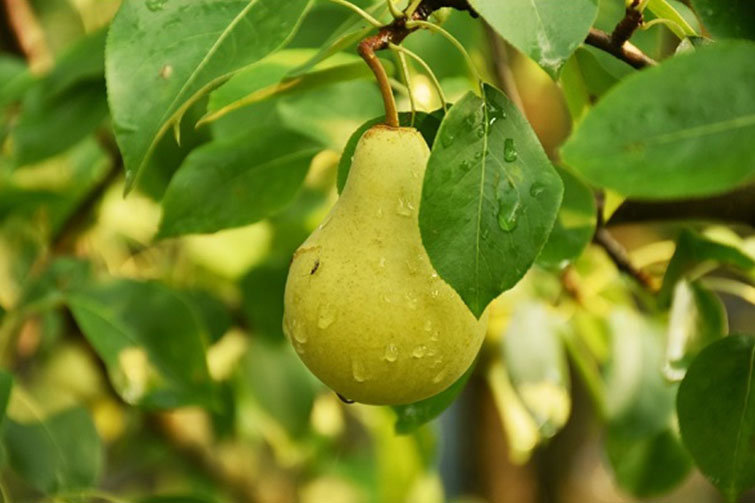

Is It Important to Eat Seasonal Fruits?
Eating fruits regularly is a key component of a balanced, nutritious diet, providing essential vitamins, minerals, and fiber. But when it comes to choosing fruits, some people advocate for eating only those that are “in season.” So, is there really a difference between eating seasonal fruits and non-seasonal ones? Here, we’ll explore the benefits of eating fruits in season, along with considerations for enjoying out-of-season fruits.
1. Nutritional Benefits of Seasonal Fruits
Seasonal fruits are typically fresher and have higher nutritional value. When fruits are harvested in season, they tend to be picked at their peak ripeness, allowing them to fully develop their nutrients and natural flavors. Studies have shown that fruits harvested in season often have higher levels of vitamins, antioxidants, and other beneficial compounds. For example, strawberries harvested in season may contain higher levels of vitamin C and antioxidants than those grown out of season or in a controlled environment.
Out-of-season fruits, on the other hand, are often picked before they are fully ripe and may lose nutrients during long-distance shipping and storage. While these fruits are still nutritious, they may not match the nutrient density of seasonal produce.
2. Enhanced Flavor and Freshness
Seasonal fruits are not only nutritionally richer but often taste better. When fruits are harvested at their natural peak, they develop their full flavor profile, sweetness, and aroma. Have you ever noticed the difference in taste between a summer peach and a peach available in winter? Seasonal fruits are naturally more flavorful, juicy, and satisfying because they ripen under ideal conditions, without the need for artificial ripening processes.
Out-of-season fruits are often grown in greenhouses or imported from distant countries, where they may not fully ripen on the plant. The result can be a lackluster taste, with less sweetness and aroma compared to their seasonal counterparts.
3. Environmental and Economic Benefits
Eating seasonal fruits supports local farmers and reduces the environmental impact associated with transporting produce long distances. Fruits grown out of season are often imported, which contributes to a larger carbon footprint due to transportation and refrigeration. By choosing seasonal fruits, consumers can help decrease energy consumption and reduce the overall environmental impact of their food choices.
Additionally, seasonal produce is usually more affordable. When fruits are in peak supply, their prices drop due to abundance, making it more economical to buy them. Out-of-season fruits often come with a higher price tag due to additional production and shipping costs.
4. Support for Sustainable Agriculture
By choosing seasonal fruits, consumers are more likely to support local farms that rely on sustainable, natural growing practices. These farms often work in harmony with natural cycles, reducing the need for chemical inputs like pesticides and artificial fertilizers. Supporting seasonal agriculture encourages sustainable farming practices that are gentler on the environment.
5. Enjoying a Variety of Fruits Year-Round
While seasonal eating offers many benefits, there are advantages to enjoying a range of fruits year-round as well. Importing fruits from different regions allows people to have access to fruits that aren’t locally grown or are not in season at home. It also allows consumers to enjoy their favorite fruits any time, regardless of the season.
For those who want the best of both worlds, a good strategy is to focus on eating mostly seasonal fruits, while occasionally including out-of-season favorites. Another option is to buy seasonal fruits when they are in abundance, then freeze or preserve them for use throughout the year. This allows for the enjoyment of high-quality fruit year-round while still supporting seasonal, sustainable practices.
Conclusion
While it’s not strictly necessary to eat only seasonal fruits, there are clear benefits to doing so. Seasonal fruits are often fresher, tastier, and more nutritious. They are also typically more affordable and environmentally friendly, supporting local farmers and reducing carbon emissions associated with food transport. At the same time, out-of-season fruits offer a convenient way to enjoy a variety of flavors and nutrients throughout the year. By primarily focusing on seasonal fruits while occasionally incorporating non-seasonal varieties, consumers can strike a balance between nutrition, flavor, and sustainability.






